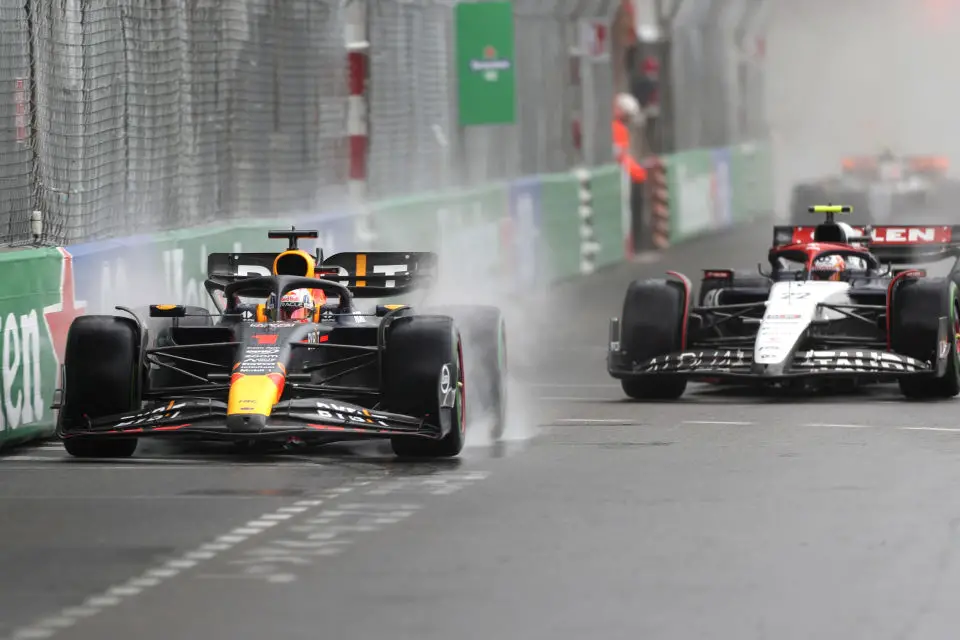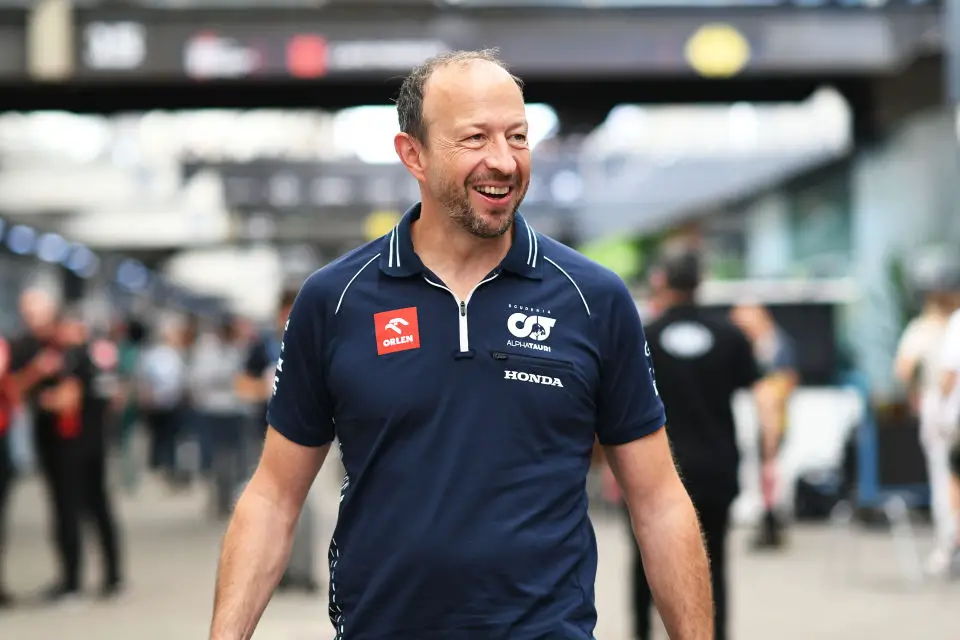F1 News: VCARB CEO Hits Back At Critics Calling Out Red Bull Association
In response to criticism, VCARB CEO Peter Bayer reaffirmed adherence to FIA regulations regarding the association with Red Bull, emphasizing that all actions are within the bounds of the rulebook.
Key Takeaways:
- VCARB, formerly AlphaTauri, has faced scrutiny for its close ties with Red Bull, particularly in parts and information exchange.
- Bayer asserts that collaboration with Red Bull is essential for competitiveness in Formula 1, citing the sport’s emphasis on resource management.
- Criticism from rival teams, such as McLaren, has centered around concerns over fairness and potential misuse of shared resources.



Peter Bayer, CEO of VCARB, formerly known as AlphaTauri, has defended the team’s growing association with Red Bull Racing amid criticism from rival teams. Critics have raised concerns over the increasing closeness between the two teams, particularly regarding the exchange of information and parts, suggesting potential violations of FIA regulations. However, Bayer maintains that all actions taken by VCARB are in accordance with the rulebook, highlighting the necessity of collaboration to remain competitive in Formula 1.
The partnership between VCARB and Red Bull has seen significant developments in recent years, particularly with the sharing of technical components. VCARB notably integrated Red Bull’s RB19 rear suspension during the 2023 Singapore Grand Prix, resulting in improved rear stability and enhanced floor developments. This strategic collaboration has contributed to VCARB’s performance gains, prompting plans to utilize Red Bull’s front suspension for its 2024 car.
Despite assertions of compliance with regulations, criticism from McLaren Racing CEO Zak Brown persists. Brown has voiced concerns about the fairness of the close relationship between Red Bull Racing and VCARB, suggesting that such partnerships could distort competition within the sport. In response, Bayer argues that Formula 1 is inherently a battle of resources, where teams must leverage strategic partnerships to maintain competitiveness.
Bayer emphasizes the financial realities of Formula 1, noting that teams at the lower end of the championship standings require support to remain competitive against better-funded counterparts. He contends that an overemphasis on individual team resources could lead to disparity within the sport, urging a balanced approach to collaboration and competition. Ultimately, Bayer asserts that adherence to regulations and strategic partnerships are essential for VCARB’s continued success in Formula 1.



